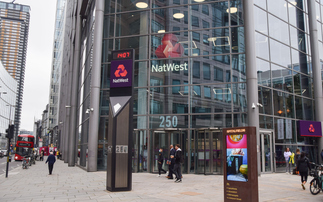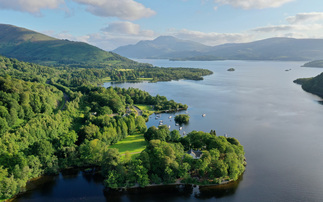Yvo de Boer calls on business leaders to work closely with ministers and officials at COP21
Businesses must do more to help politicians understand the economics of climate change in the run up to the crucial talks due to be held in Paris later this year, the former head of the UN's climate change secretariat has urged.
Writing exclusively for BusinessGreen today, Yvo de Boer, the former executive director of the UN Framework Convention on Climate Change (UNFCC) and now director general of the Global Green Growth Institute, said ministers and negotiators at the talk often fail to fully understand the current business landscape.
De Boer, who oversaw the 2009 climate talks in Copenhagen in 2009, said investors and businesses have "a crucial role to play in driving low-carbon growth" through this year's summit in Paris, arguing there was a compelling commercial case for businesses to make their voices heard.
"A Paris outcome could help to find solutions for national and international businesses," he writes. "It could formulate strong ambitions for international companies by giving carbon the price it deserves and bringing coherence or a level playing field to international climate action. As for national companies, they could reduce risk, enhance rewards and create new finance solutions that draw smaller projects into the market based on the commitments countries make in Paris."
He also warns that without stronger signals from policymakers businesses will struggle to deliver the low carbon investments that are urgently needed - a reality, he fears, too many politicians and diplomats struggle to understand.
"In the interest of all of us, businesses need to offer Paris negotiators practical business solutions that will give innovation both the help it needs and the chance it deserves," he added.
In his article, de Boer argues for a new economic model that encourages greater investment in green technologies and a shift away from fossil fuels. Despite recognising the current economic model has helped to drive a shift towards low carbon technologies in recent years, he warns it is failing to deliver the scale and pace of change now required.
"It is evident that the current economic growth is no longer sustainable, does not adequately consider the well-being of humankind and the needs of the growing population," he writes. "In spite of global wealth increase, the gap between the rich and the poor is widening, so greater emphasis must be placed on finding a different model of economic growth that is more financially, economically, environmentally and socially responsible."
This article is part of the BusinessGreen Road to Paris Hub, hosted in association with PwC










